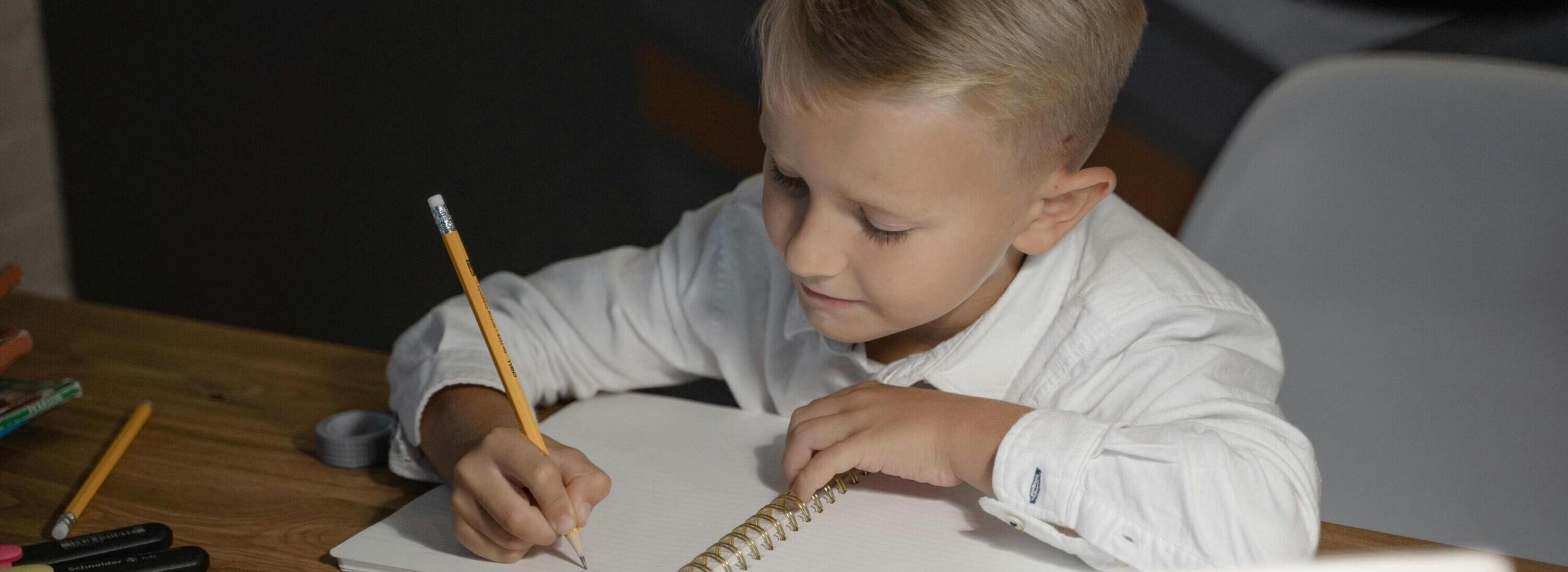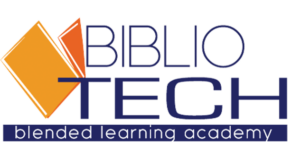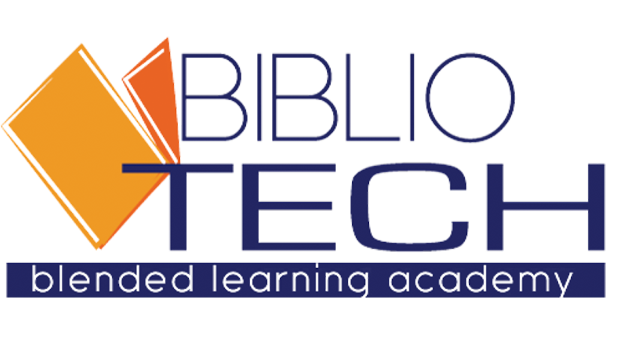
By: Paola Marie Taveras Ruffen
Clinical Psychologist with a focus on well-being in adolescents, leadership and emotional management
It is of utmost importance to clarify the planning of tasks in order to meet the objectives. The objectives we have will help us to plan the didactic sequences correctly. Likewise, it will help to obtain the contents that the teacher wishes to teach accurately. It is essential to have an in-depth understanding of the tasks, the subjects to be taught, the physical ages and maturity to achieve the acquisition and formation of the teaching judgments.
Planned education is established through the organization of plans and study programs for the subjects that encompass the different curricula. Consequently, the plans and study programs are a phenomenal guide for the tutor to ensure that students have learned effectively, taking into consideration the cognitive and specific skills to be addressed with each student.
When talking about the alignment of teaching, learning, and student assessment, other factors must be identified, such as the type of modality: virtual or face-to-face.
There are several reasons why student learning is compromised. One of them is the excessive importance of exams. It is clear that one of the main goals is the numerical measurement of the results that students achieve in a test or didactic exercise. In this case, the measurement must be conceptualized as an inclusive factor that does not only cover the score, as this score can sometimes be affected by exogenous or endogenous changes such as lack of sleep, diet, problems in interpersonal and intrapersonal relationships, among others.

On the other hand, if the obtained measurement is not as expected, it can be observed how parents and unprepared teachers take a negative and unfavorable judgment towards the student. This can cause rejection, anger, lack of self-confidence, and frustration on the part of the student towards studying. Additionally, it can have repercussions on the diagnostic formation and evaluation of knowledge.
The use of exams, partials, and tests is important for verifying knowledge. However, it should not be the final goal of learning as it generates a high peak of stress and the creation of stressful stimuli. If the evaluation is brief, it ends up reflecting little information. Similarly, the brain needs constant training and focus to work on neural connections.
Here are some important data about learning:
- Learning must be autonomous and punctual.
- Ideally, it should promote student motivation towards participation and execution of learning.
- It should be challenging; the brain learns through repetition and effort.
- It should provide feedback that is direct, fast, and dialogic.
- The teacher should be prepared, committed, and participatory in teaching with empathy and passion.
- The evaluation should reflect the real performance capacity and progress of the student being evaluated.
- If the incorporation of changes and/or modifications is necessary, it should be done in such a way that cognitive skills are not affected.
- There should be psychopedagogical knowledge among the teaching staff.
Bibliotech has a team of qualified educators and psychopedagogues to help the student not only in their academic and personal performance but also to accompany them in growing to become an influential and functional being in society.

